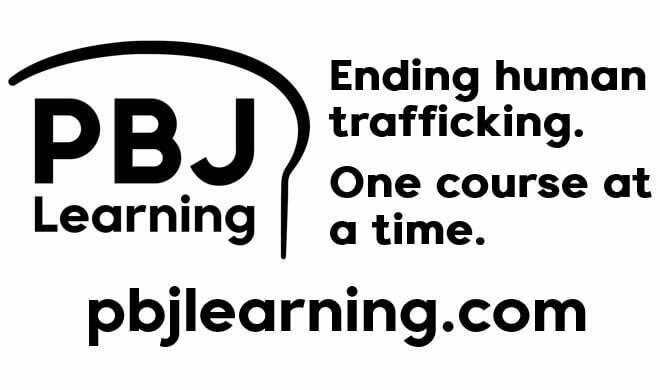Guest Worker Visas and Labor Trafficking: Weaknesses in the H2 Visa Programs
Exploitation is practically written into immigration and foreign labor policy Original document: March 12, 2022 We offer this article in audio form. It’s generated by a program; apologies for any weirdness. Introduction Where immigration policy and anti-human trafficking initiatives meet, loopholes are often created that allow for the continued exploitation and trafficking of foreign laborers…




